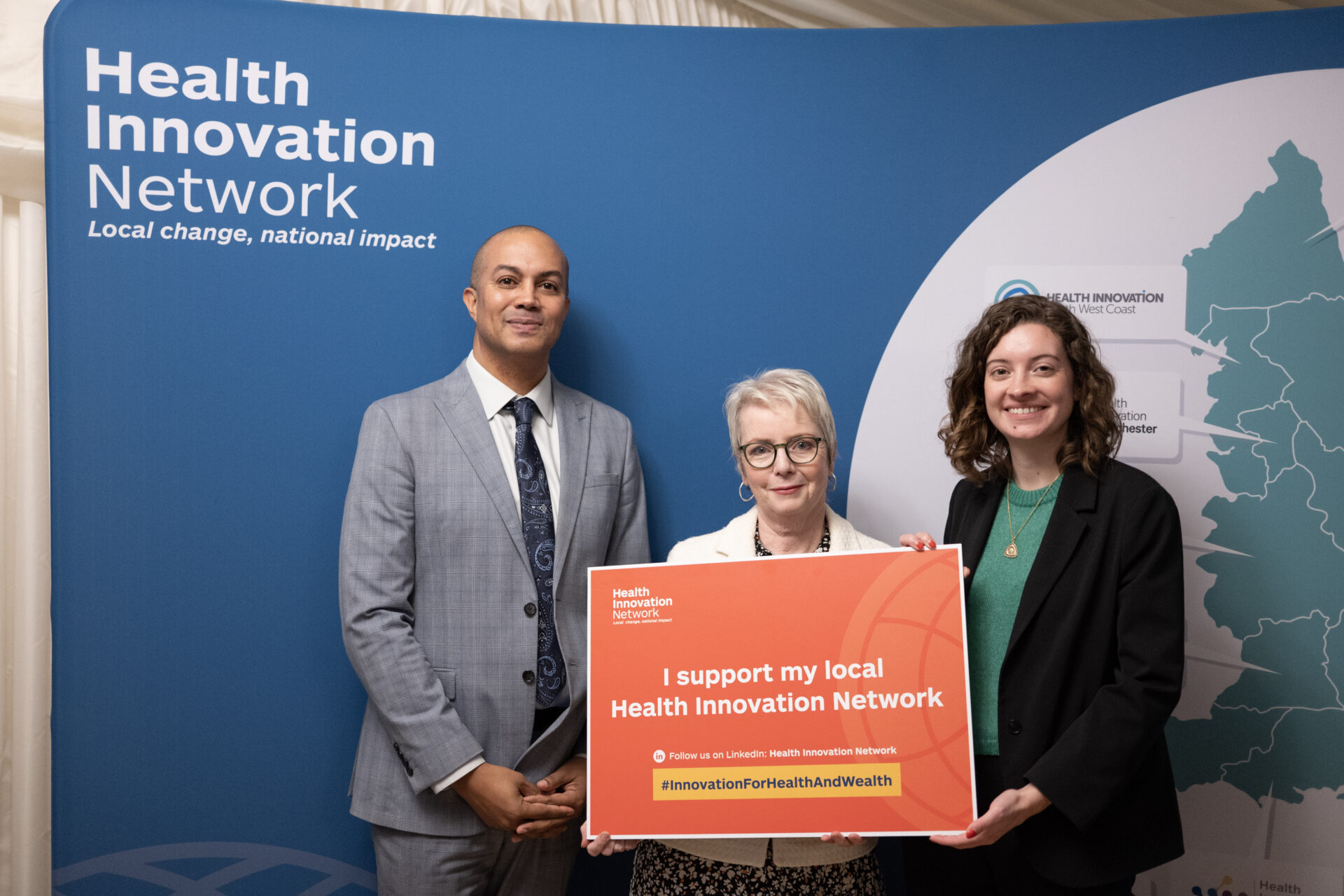The AHSN Network, working in partnership with the Accelerated Access Collaborative (AAC) and NICE has published a clinically approved pathway to support secondary care clinicians to optimise lipid management following an acute cardiovascular event.
Cardiovascular disease (CVD) is a leading cause of premature death and disability due to the consequences of stroke, heart attack (myocardial infarction), and heart failure. The pathway provides clear and unified guidance for clinicians on how optimal lipid management may be achieved, to reduce the risk of further cardiovascular events.
The Lipid management pathways for primary care and secondary care clinicians includes additional medications to use alongside statins, including novel LDL-cholesterol lowering therapies such as the PCSK9i drugs and Inclisiran. These new cholesterol-lowering drugs are important additional tools for managing cardiovascular disease.
A supplementary pathway has also been published to give clearer guidance on lipid optimisation following an acute cardiovascular event for healthcare professionals working within secondary care.
Professor Nick Linker, National Clinical Director for Heart Disease at NHS England and NHS Improvement said: “The ‘Lipid optimisation pathway following an acute cardiovascular event’ provides a clear and simple guide for clinicians to ensure optimal lipid management is achieved for patients. The pathway enables healthcare professionals to implement best practice principles in line with NICE guidance and further supports the prevention of secondary cardiovascular events.”
The AHSN Network supports the NHS in the prevention and management of cardiovascular disease through its National Lipid Management and Familial Hypercholesterolaemia (FH) programme of work, which is delivered in partnership with the Accelerated Access Collaborative (AAC).

The Health Innovation Network is delighted to announce the launch of Innovation Insights, a brand-new webinar series designed to highlight the latest in health innovation, offering attendees valuable insights into the adoption and spread of innovation within the health and care landscape. Each interactive webinar will feature: Expert presentations: Delivered by thought leaders across [...]

The Health Innovation Network, at an event sponsored by Sarah Coombes MP, brought together parliamentarians including Health Minister Karin Smyth MP and Chair of the Science, Innovation and Technology Committee, Chi Onwurah MP to meet with six innovators supported by health innovation networks across the country and their NHS partners. At the Meet the Innovators: [...]

The need for fast-paced innovation in healthcare is widely acknowledged. And ensuring that healthcare innovation is shaped by the people it serves remains a pressing priority – one made all the more evident by the growing emphasis on health equity in the 10 Year Health Plan. Patient voices are often cited as central to healthcare [...]









